 Ketut Subiyanto (CC0)
Ketut Subiyanto (CC0) How To Open a Bank Account Online in Zambia

Lydia Kibet
Guide

Lydia Kibet is a freelance writer with a knack for personal finance, investing, and all things money. She's passionate about explaining complex topics in easy-to-understand language. Her work has appeared on Business Insider, Investopedia, The Motley Fool, GOBankingRates, and Monito. She currently writes about personal finance, insurance, banking, real estate, mortgages, credit cards, loans, and more.
Links on this page, including products and brands featured on ‘Sponsored’ content, may earn us an affiliate commission. This does not affect the opinions and recommendations of our editors.
Read moreAdvancements in technology have revolutionized virtually every industry, and finance has not been left behind. Today, you don’t have to go through a lengthy, cumbersome process to open a bank account.
Most banks nowadays offer customers the option to open a bank account online, meaning you can open your account in Zambia without visiting the bank physically. If you’re wondering how to open a bank account online in Zambia, this guide is for you.
We’ll cover the step-by-step process of opening a bank account online in Zambia.
How To Open a Bank Account Online in Zambia
Requirements for Opening a Bank Account Online in Zambia
The requirements for opening a bank account online in Zambia will vary depending on the bank you choose and the type of account you want to open. For instance, the requirements for a personal savings account will differ from those of a business account.
However, there are basic requirements that cut across the board regardless of the bank you choose. Here are the requirements:
- Identification documents: The bank must verify your identity before you can open an account. You must provide documents like your National Registration Card (NRC), Visa, driver’s license, or passport. If you’re not a Zambian citizen, you’ll provide proof of residence in Zambia.
- Passport-size photos: Most banks require you to provide two current passport-sized photos for account profiling.
- Proof of residence: You must also provide your address information, including your street name, plot number, and postal address.
- Proof of source of income: You can use your work ID, recent pay slip, letter of reference, or business registration documents for self-employed people.
- Tax Payers Identification Number (TPIN) Certificate
These are the basic documents required to open a bank account in Zambia, and you can send them online in the format specified by the bank.
Some banks will have additional requirements depending on the type of account you want, so ensure you visit the bank’s official website for more information before beginning the process.
How to Open a Bank Account Online in Zambia
Top banks in Zambia have robust digital platforms designed to maximize customer efficiency and convenience. As such, opening a bank account online should be a fast and straightforward process.
Below, we look at each step of the process.
Step 1: Choose Your Bank
There are 19 fully-fledged commercial banks in Zambia, and while they offer similar services, there are factors that may make one bank more suitable for you compared to the others. Here are some of the factors that should inform your choice of banking partner:
- Banking solutions offered: Choose a bank based on their specific services. For instance, do they offer the type of account you want? This will depend on your personal needs and preferences. Consider a current account for convenient money management or a savings or investment account for your financial goals.
- Interest rates: Consider each bank’s interest rates, especially if you plan to borrow loans at some point. You should also look at the interest rates you get for your savings and investment accounts to ensure maximum value for your money.
- Location: While most banking is done online nowadays, you may have to visit a branch in person for specific services, so it’s important to choose a bank that has branches conveniently close to you.
- Digital banking: Consider whether your preferred bank offers digital banking solutions. This way, you’re guaranteed full-time access to your funds at your convenience.
- Banking fees: It’s crucial to compare banking fees such as ledger fees, minimum account opening balances, and other fees. This way, you can estimate the cost of running your account comparatively across different banks.
Step 2: Visit the Bank’s Official Website
Once you’ve found a bank that meets your needs, you can visit its official website or download the app. On these platforms, you’ll find directions for opening an account online.
Step 3: Choose an Account
There are several types of bank accounts offered, each designed to meet specific customer needs. So, you must choose the particular bank account you want to open. The names of the accounts may vary from bank to bank, but here are the standard bank account types you can expect:
- Current account: A current or checking account is a transactional account that allows you to make deposits, withdrawals, and payments whenever you want. The number of withdrawals and withdrawal amounts is typically unlimited for this account type. With this account, you can also set up standing orders for specific bills.
- Savings account: If you want an account to store your money for future use, savings accounts are designed for this purpose. With features like limited withdrawals and withdrawal amounts, reaching your savings goals is easier.
- Fixed deposit account: A Certificate of Deposit or fixed deposit account allows you to save money for a fixed term. Banks offer higher interest rates for this account, but you’re penalized for early withdrawals.
- Domiciliary account: You can also open a foreign currency or domiciliary account if you want to hold and transact in multiple foreign currencies.
Step 4: Provide Your Information
Once you’ve chosen your preferred bank account type, you can provide the details required. Some banks direct you to download an application form, which you’ll fill out and either upload or mail a physical copy to the bank.
Typical details required include:
- Your identification documents
- A duly filled application form
Step 5: Accept the Terms and Conditions
Before your account is activated, you must read and accept the bank’s terms and conditions. This is a legally binding contract, so it’s crucial to read it carefully.
Step 6: Authentication
In most cases, the last step is verification, where the bank sends you a one-time PIN (OTP) via email or SMS. You’ll use this to log into your new bank account and set it up. The last step is creating a password for your account. Use a strong password to safeguard your account and prevent unauthorized access.
You can open a bank account online in Zambia in a few simple steps. Visit your preferred bank’s official website and follow the prompts to open your account.
FAQs About Opening a Bank Account Online in Zambia
Can foreigners open a bank account in Zambia?
Yes. Foreigners can open a bank account in Zambia as long as they provide documents like their foreign ID or passport and proof of residence.
Can I open a bank account online without going to the bank?
Yes. Many banks nowadays have robust digital platforms that allow you to access their services at your convenience, including opening an account.
What do you need to open a bank account in Zambia?
For most banks, you’ll need to provide:
- Your National Registration Card (NRC)/ Driver’s license/ Passport
- Proof of residence
- Passport size photos
- Tax Payers Identification Number (TPIN) Certificate
- Work permit
You May Also Like These Money Guides
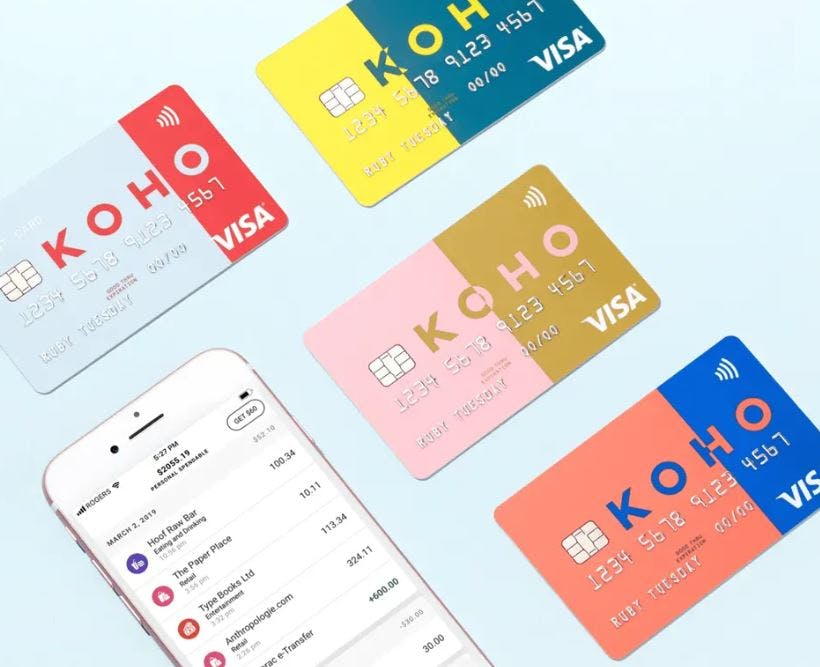




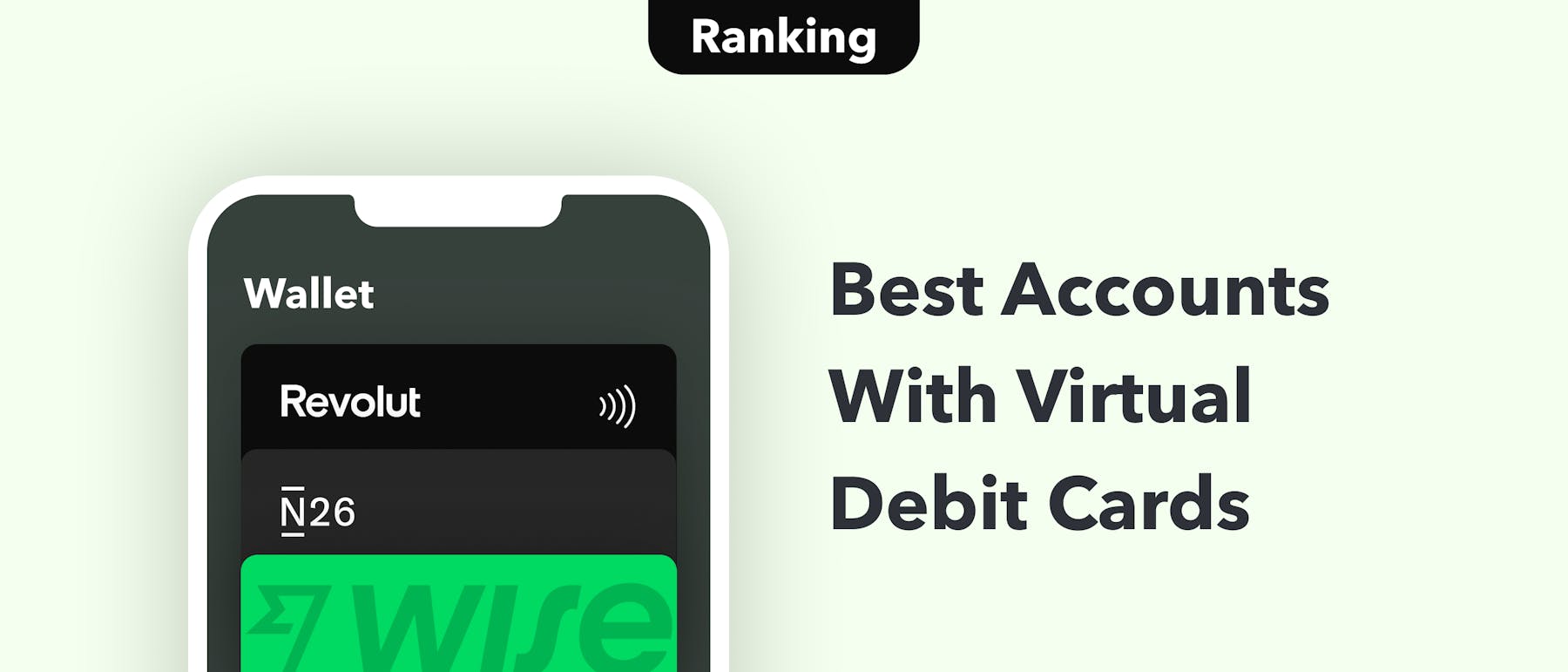



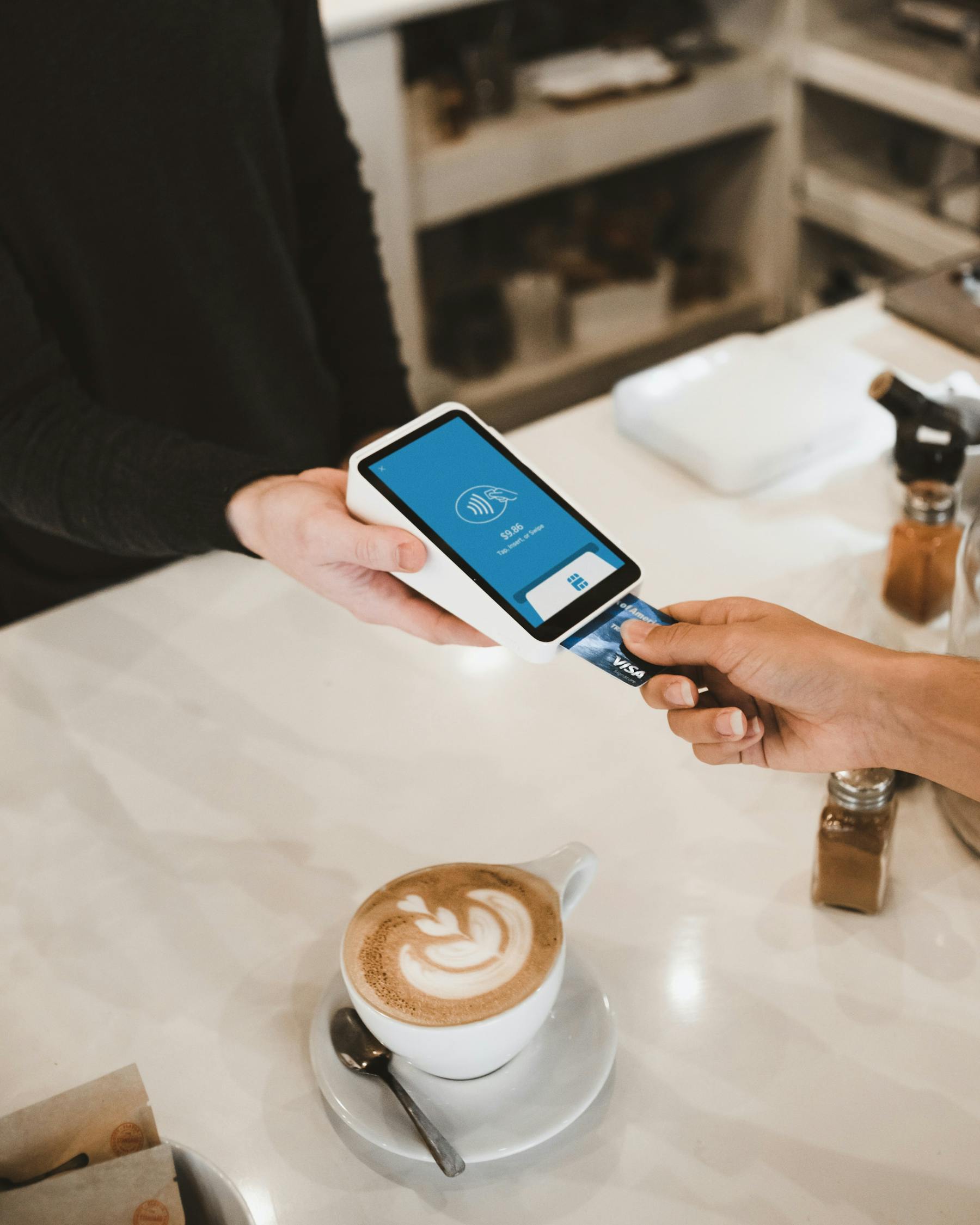

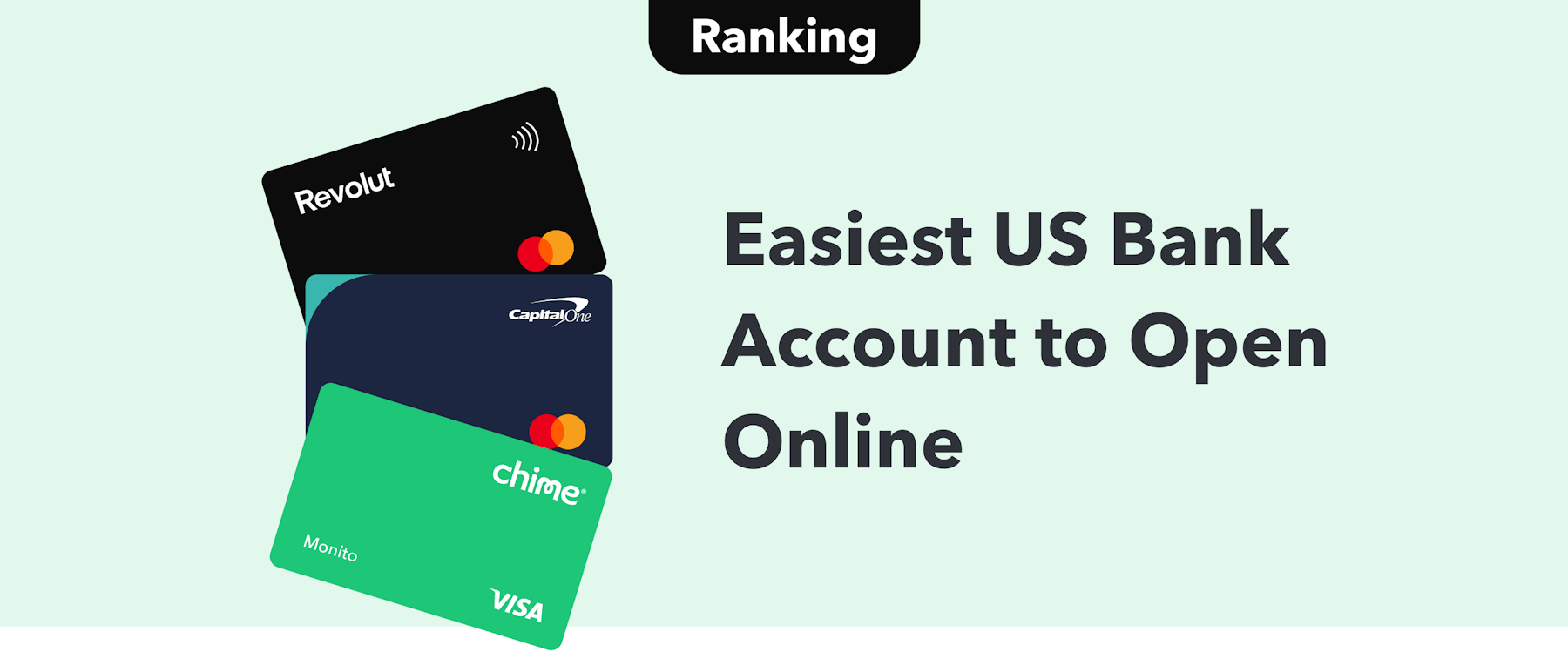
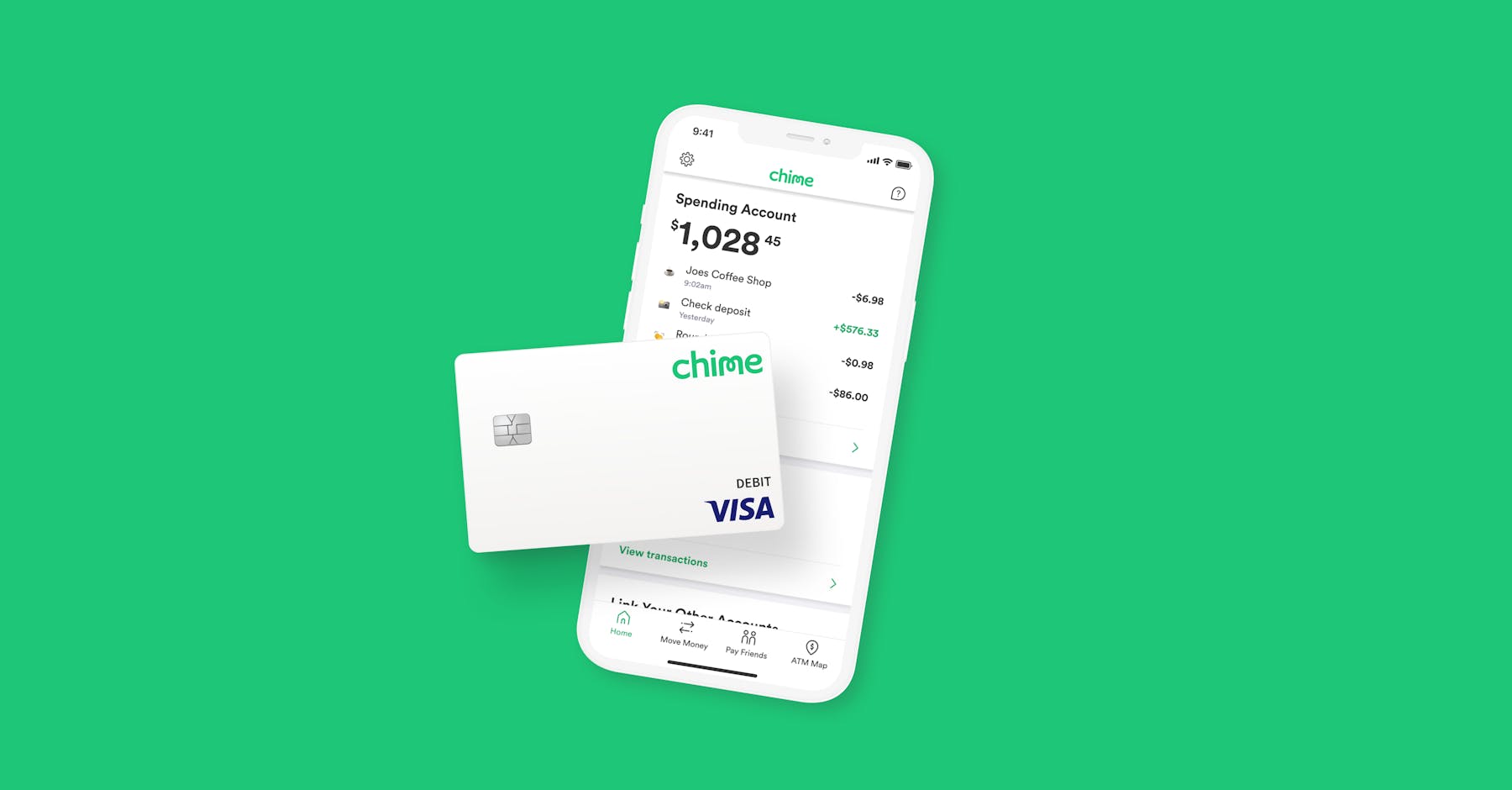

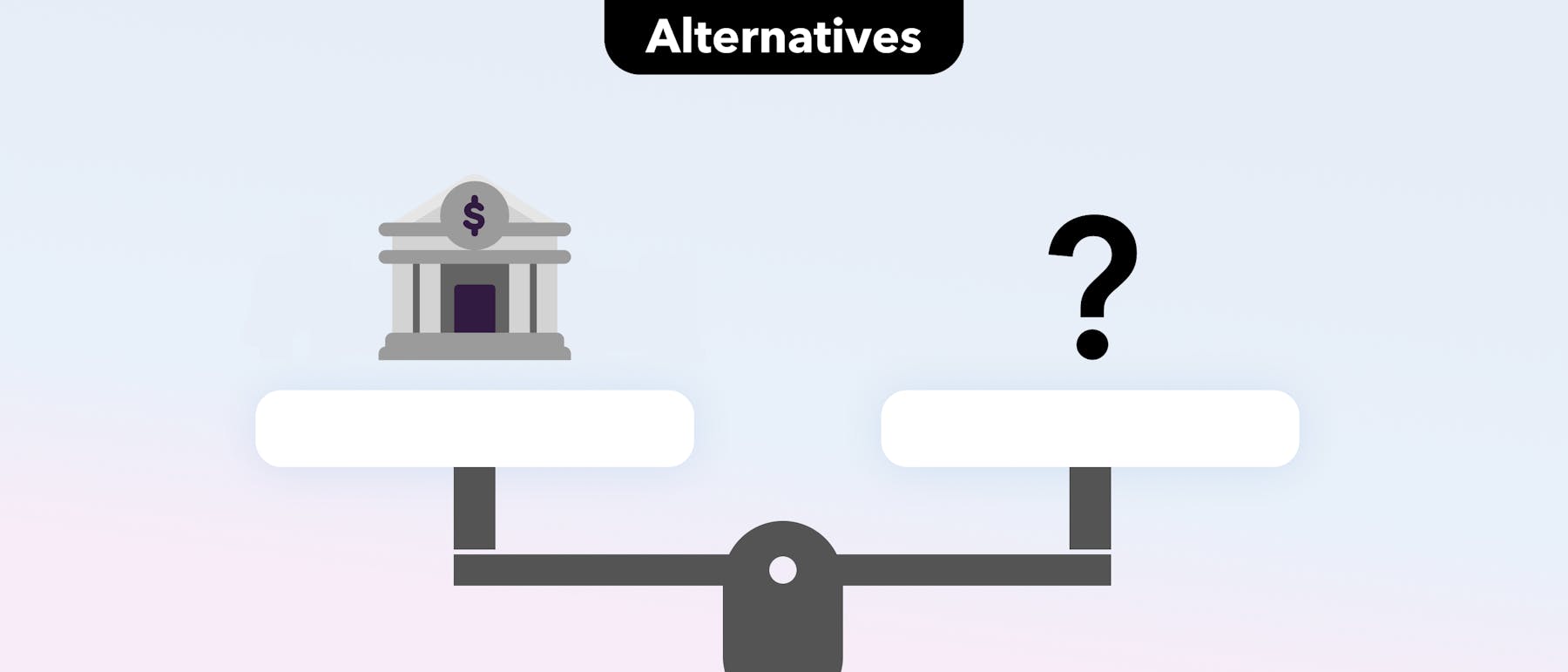
Why Trust Monito?
You’re probably all too familiar with the often outrageous cost of sending money abroad. After facing this frustration themselves back in 2013, co-founders François, Laurent, and Pascal launched a real-time comparison engine to compare the best money transfer services across the globe. Today, Monito’s award-winning comparisons, reviews, and guides are trusted by around 8 million people each year and our recommendations are backed by millions of pricing data points and dozens of expert tests — all allowing you to make the savviest decisions with confidence.
Monito is trusted by 15+ million users across the globe.
Monito's experts spend hours researching and testing services so that you don't have to.
Our recommendations are always unbiased and independent.